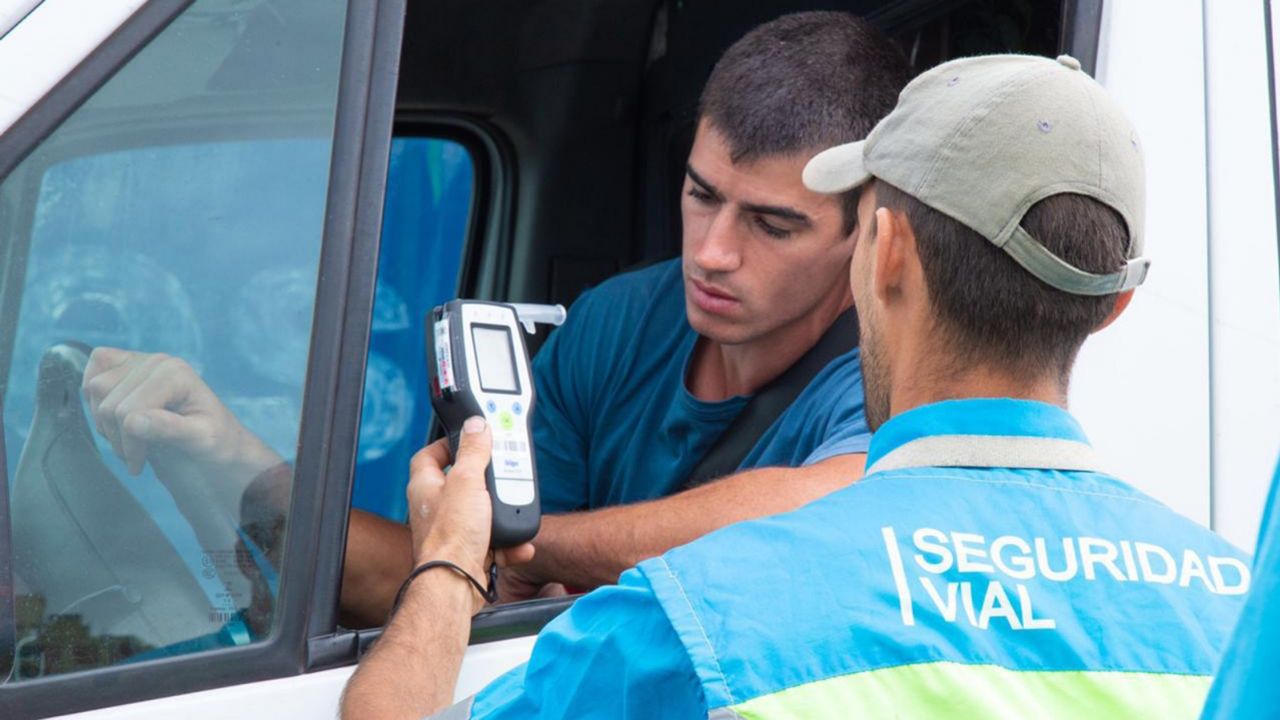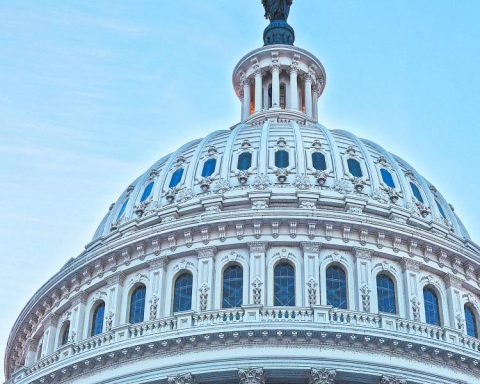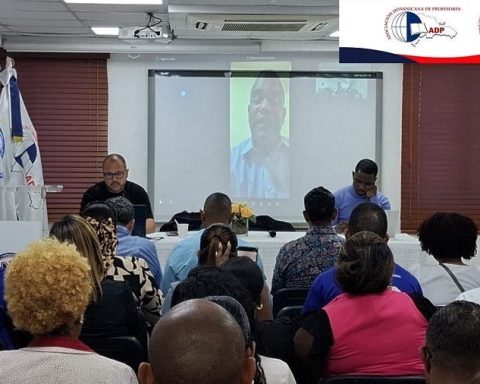During a special session that took place on November 24, the Chamber of Deputies gave half a sanction to the Zero Alcohol Lawso now the project will be sent to the Senate.
The Zero Alcohol Law proposes lowering to 0 milligrams the amount of alcohol per liter of blood that can be tolerated to drive on national roads, so that, at the same time, the project seeks to modify the current regulations, in which 0.5 milligrams of alcohol in blood are tolerated to drive.
The Zero Alcohol Law It was approved with 193 votes in favor, 19 negative and 4 abstentions. The head of the National Road Safety Agency, Pablo Martínez Carignano, celebrated this decision and highlighted the commitment of legislators to accompany the project.
“This initiative is essential to have a safer country in terms of road safety,” he said and added: “I appreciate the commitment to life and to all the relatives of traffic victims and different foundations and associations for the effort and accompaniment to achieve this important breakthrough in Congress.”

For his part, the president of the Transportation Commission, Jorge Rizzotti, at the beginning of the debate stressed that the law “has nothing to do with the prohibition of drinking but rather of not driving when alcohol has been consumed.”
And he completed: “All the therapeutic and control approaches to the use of substances in users and users, who have a rights perspective, agree that substance use is not compatible with driving vehicles.”

Meanwhile, Jimena López, vice-president of the Transport Commission, stressed that “this law, which has to do with the accident rate as a result of consumption, comes to repair —at least a little— the great loss suffered by many families.” In this sense, she remarked that the law “comes to limit the speculation of a drink or two. Consumption has an impact and affects the faculties”.
The voices against
Though the project had great support, during the debate there were voices against, one of them was that of the deputy José Luis Espert, from Avanza Libertad, who considered: “Driving drunk increases the risk of accidents, but it has not been proven that going from 0.5 to 0.0 has effectiveness and justifies further limiting the freedoms of citizens. The State does not build highways or take measures that would reduce deaths”.

Likewise, Ricardo López Murphy, from Republicanos Unidos, said: “I think we did not go where the key to the problem is: in penalties, in management and in driver education. This legislation does not put the emphasis where they should be and for this reason I do not agree with the project of the majority”.


















